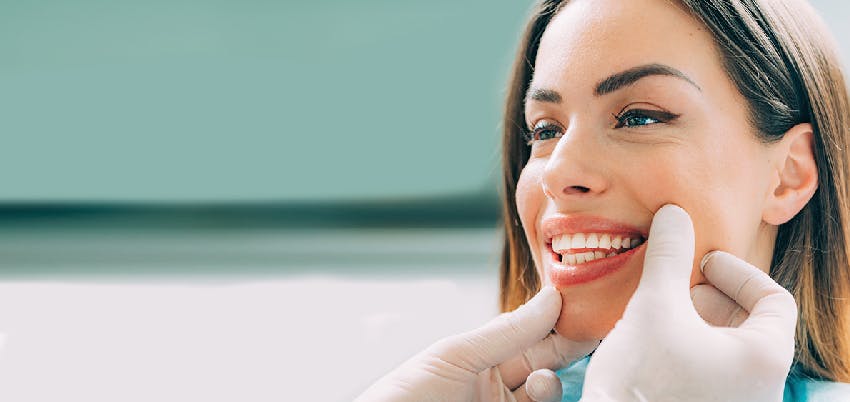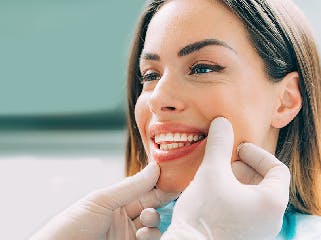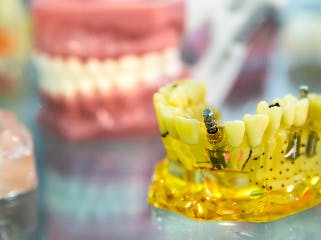
Oral Health during Pregnancy: myths
by Wildsmile
The oral tradition is a rich source of myths that are passed down generation after generation. On such an important issue as oral health during pregnancy, every woman should know how much of all the information that circulates is a myth. Letting a phrase said in a conversation guide our decisions regarding our well-being and that of our baby, it could be a mistake to pay dearly.
1. Myth 1: it is not necessary to tell the dentist about pregnancy
This is a serious error. The body is a large interconnected network. What happens in a certain organ, could have been generated in another place that we do not pay attention to. Oral health is essential to maintain the health of the rest of the body, especially during pregnancy. If you are planning to get pregnant, your dentist should know in order to do a complete review of your mouth. There are treatments that cannot be done during pregnancy, so they should be accelerated before it occurs. In unplanned pregnancies, the visit at the beginning and in the second semester is of the utmost importance to detect and stop periodontal diseases that could harm the baby.
2. Myth 2: pregnant women cannot get dental treatments
This is totally false said this way. There are dental treatments, such as a deep cleaning in case of gingivitis, which should be done during pregnancy if this pathology were present. What should be avoided is the application of anaesthesia. Some studies state that there is a relationship between anaesthesia and spontaneous abortions. Because this relationship occurs during the first trimester, caries should not be treated or root canals or any treatment requiring anaesthesia be performed during the first three months. This reinforces what is expressed in myth 1, if your dentist does not know about your pregnancy, he will not be able to postpone the treatment for the second semester.
3. Myth 3: pregnancy absorbs calcium from teeth
Is not true. Calcium is an essential nutrient for the development of the foetus, so it is essential to consume it through the vegetables that contain it and dairy products. However, the lack of calcium does not cause the foetus to take it from the teeth. This myth originated before the propensity of pregnant women to develop cavities. However, these are due to the proliferation of bacteria caused by the intense hormonal activity and poor hygiene that for various reasons occurs during pregnancy.
4. Myth 4: Vomiting is not related to oral health
It's false. Vomiting contains stomach acid. If vomited frequently, this acid corrodes the enamel and the appearance of caries becomes more frequent. There are mouthguards that can prevent fluid contact with teeth. Always consult the dentist for the various measures that can be taken in this regard. Good advice from the beginning will avoid damage that is easy to avoid.
Want to learn more about this?
Contact us
Your contact request is registered. We will contact you as soon as possible.
Lorem ipsum dolor sit amet, consectetur adipisicing elit. Adipisci alias aliquid amet commodi dolor, dolore doloremque dolores fugit quod repellat.
 ENG
ENG






